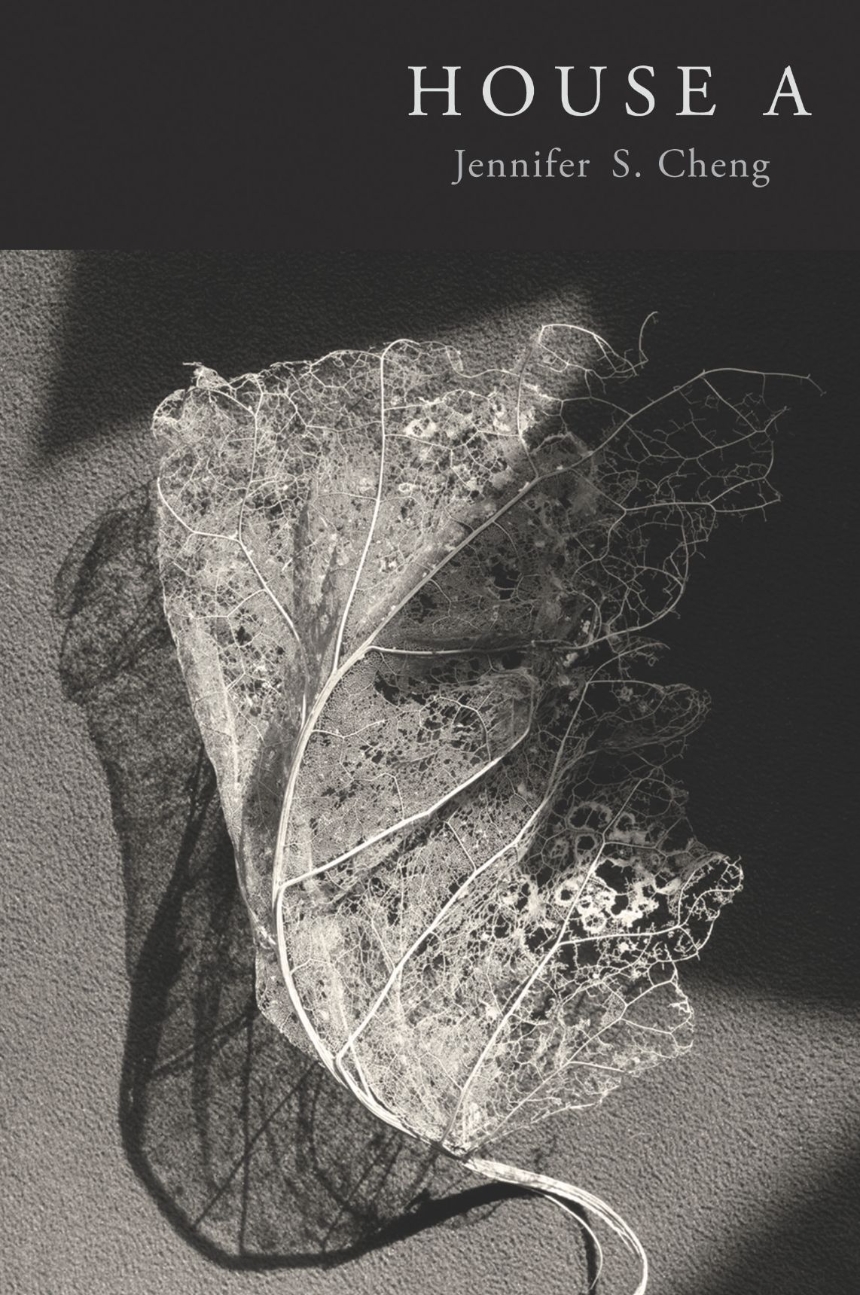Distributed for Omnidawn Publishing, Inc.
House A
House A investigates the tones and textures of immigrant home-building by asking: How is the body inscribed with a cosmology of home, and vice versa? With evocative and intellectual precision, House A weaves personal, discursive, and lyrical textures to invoke the immersive-obscured experience of an immigrant home’s entanglement while mapping a new poetics of American Home, steeped in longing and rooted by displacement.
House A is the winner of the 2015 Omnidawn 1st/2nd Poetry Book Prize, selected by Claudia Rankine.
House A is the winner of the 2015 Omnidawn 1st/2nd Poetry Book Prize, selected by Claudia Rankine.

